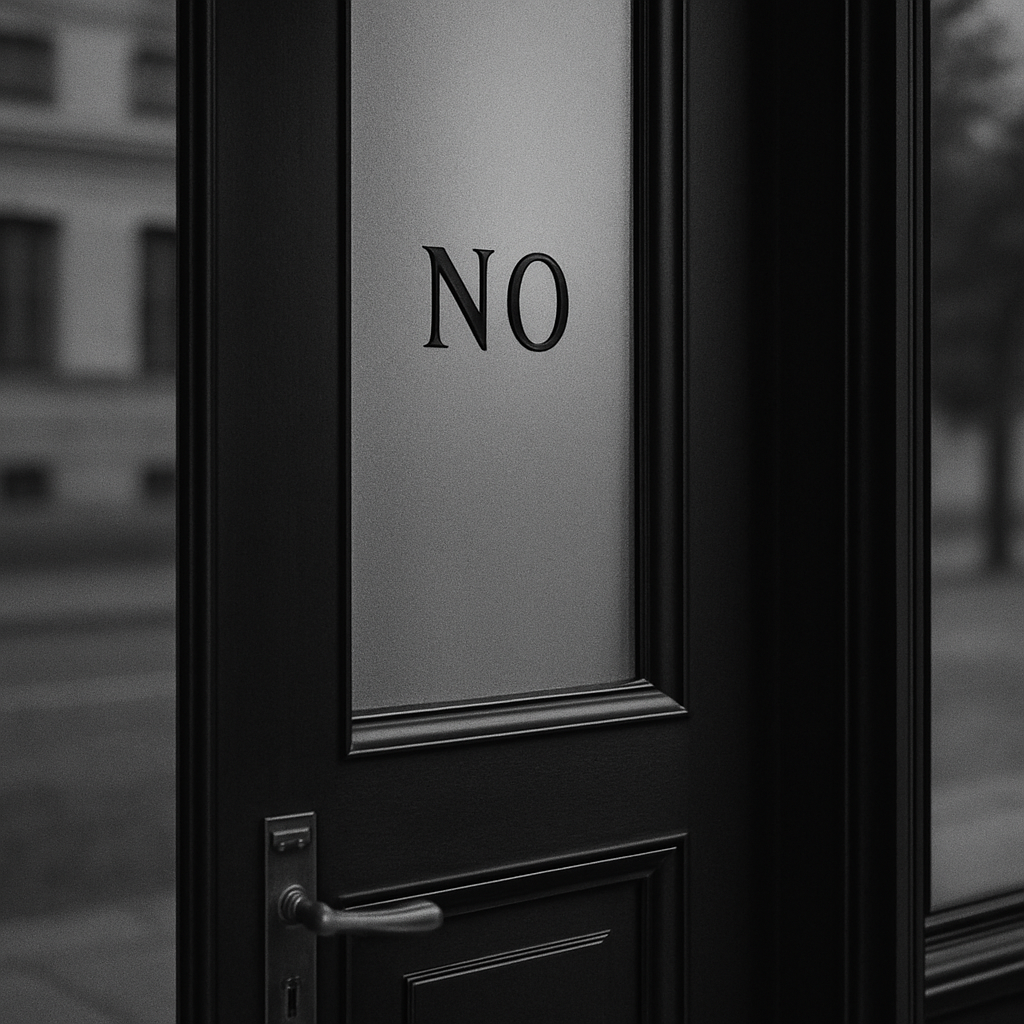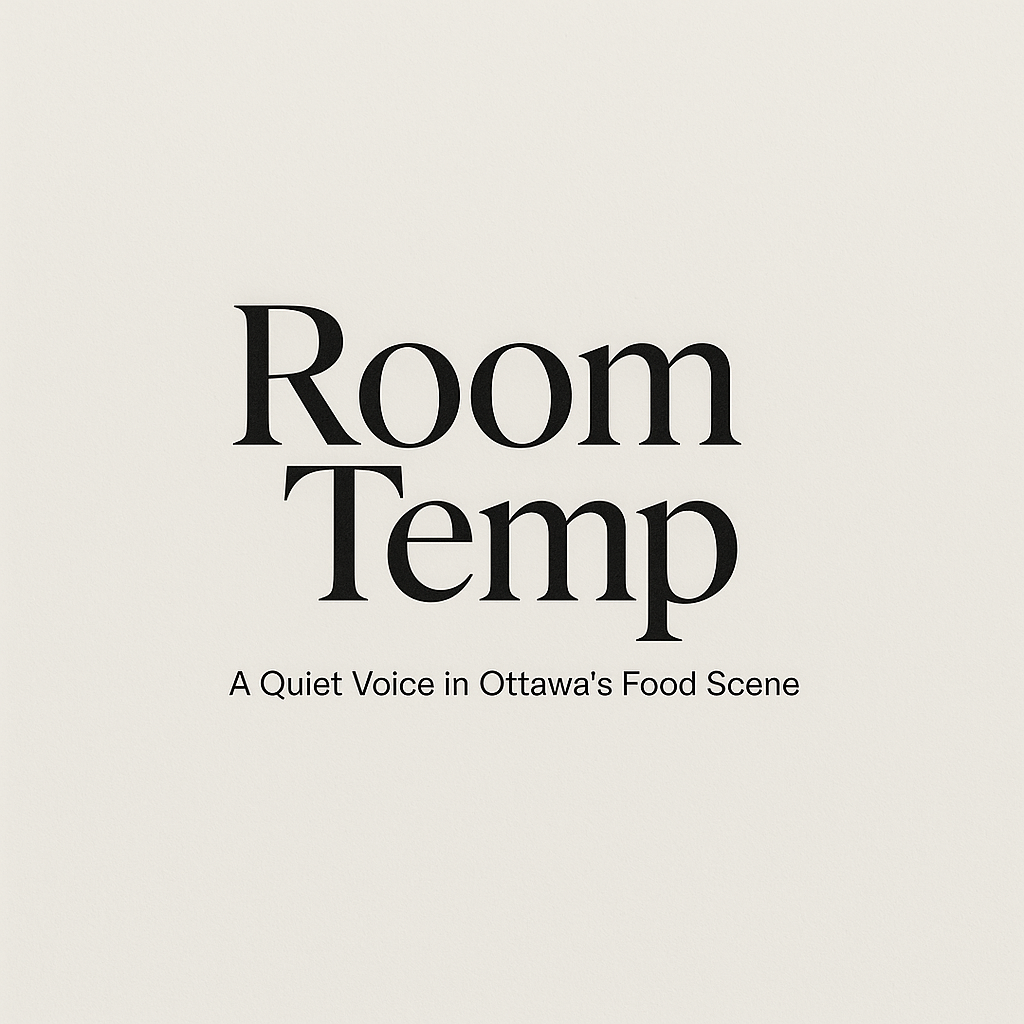The Magic Word is No

How boundaries became the new hospitality
Somewhere along the way, hospitality got confused with servitude.
Menus got longer, substitutions got looser, and the word “yes” became gospel. Gluten-free, sauce on the side, extra course, no onions, more truffles, less truffles, off-menu pairings, influencer tasting menus, pescatarian plus pork but only on Wednesdays—yes, of course, absolutely, we’d be delighted.
But beneath the scripted warmth and the open palms is a quieter kind of hospitality. One that begins with confidence, not accommodation. One that knows its own limits.
A well-placed “no” is not inhospitable. It’s a boundary. A signal. A promise that the experience has been considered, rehearsed, and refined. The chef has already decided what belongs on the plate. The flow of the room has already been orchestrated. Saying no isn’t about arrogance—it’s about integrity.
It’s about knowing when a substitution unravels the dish.
When a menu request dilutes the narrative.
When a photo op disrupts the rhythm of a meal meant to be felt, not filmed.
Saying yes to everything makes restaurants louder, softer, messier, safer. It makes them easier to consume and harder to remember.
The new hospitality doesn’t aim to please everyone.
It just aims to mean something.
And sometimes, the magic word is no.
